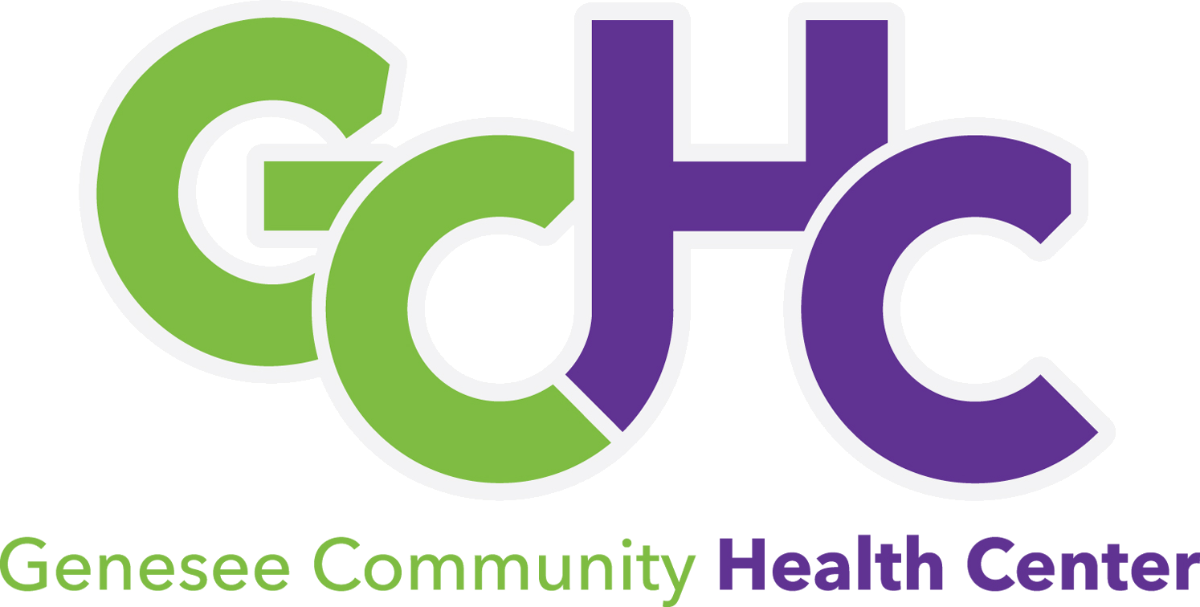Currently in Michigan, a system-wide transformation effort is happening that will have an impact on every consumer of publically funded mental health services. After 30 years of clinical research, we now have Evidence-Based Practices (EBPs) that serve as best-practice guidelines for providing clinical treatment for certain forms of mental illness. At Genesee Health System, we have taken significant action to make the following EBPs available:
Multisystemic Therapy (MST), an intensive, short-term model that helps adolescents avoid incarceration or other out-of-home placement
Assertive Community Treatment to assist in the treatment of severe mental illness and co-occurring disorders of mental illness and substance use disorder
(DBT) Dialectical Behavior Therapy is an evidence-based treatment and a type of cognitive behavior therapy that combines acceptance and change strategies to help individuals build a “life worth living”. DBT was originally used to treat chronically suicidal individuals, and is now the treatment of choice for Borderline Personality Disorder, but has also been shown to help treat individuals with a wide range of mental illnesses. DBT utilizes weekly individual sessions along with weekly skills training groups, and 24-hour phone coaching to help individuals decrease impulsive behaviors and difficulty managing emotions by developing more skillful behaviors.
(IMR) - Illness Management and Recovery is an evidence-based therapy program that helps people learn to manage their mental illness. The IMR model is based on research that shows that by learning more about managing illnesses, people who have experienced psychiatric symptoms can take important steps toward recovery, reduce relapses and hospitalization, reduce stress from symptoms, and use medications more consistently. Anyone with some interest in recovery and increasing mental stability can benefit from participating in IMR, individually or in a group. Participants will learn basic information about mental illness, how to identify triggers, positive coping skills and strategies to get needs met in the mental health system. This treatment takes place weekly over the course of about 6 months. During this time, participants are encouraged to build natural supports and get them involved in their ongoing treatment.
(TREM) Trauma Recovery and Empowerment Model is an evidence-based treatment designed for women who have experienced trauma. It is a program run by women, for women to help them understand their trauma experience better and focus on moving forward in recovery. The program works to help support women, empower women, and teach them new skills. This is typically done through structured group therapy sessions where there is no pressure to participate, and those that decide to share their stories, can do so in a safe and supported environment.
Evidence-based practices are validated by rigorously documented scientific evidence. When we say "evidence", we mean that research shows that there are advantages to using EBPs over other forms of treatment. To make EBPs more available to service providers, each EBP advanced in the State of Michigan is published in a manual format that has all of the information needed to provide the EBP in different settings. Each EBP also has a clearly defined Fidelity Index to better direct us in the application of each one's "active ingredients."
As practitioners, we can continue to operate on the basis of clinical intuition guided by past practice (though clinical research has shown some forms of "therapy as usual" are statistically no more effective than "no treatment"), or we can provide treatment on the basis of WADITW or DITWLY (we always did it that way/did it that way last year). In the hope of providing the best treatment, we can recognize that having the ability to provide services anchored in EBPs means the promise of the best clinical outcomes for our consumers whose only hope for recovery may be evidence-based treatment.
Click here for more information on EBP Implementation and SAMHSA

